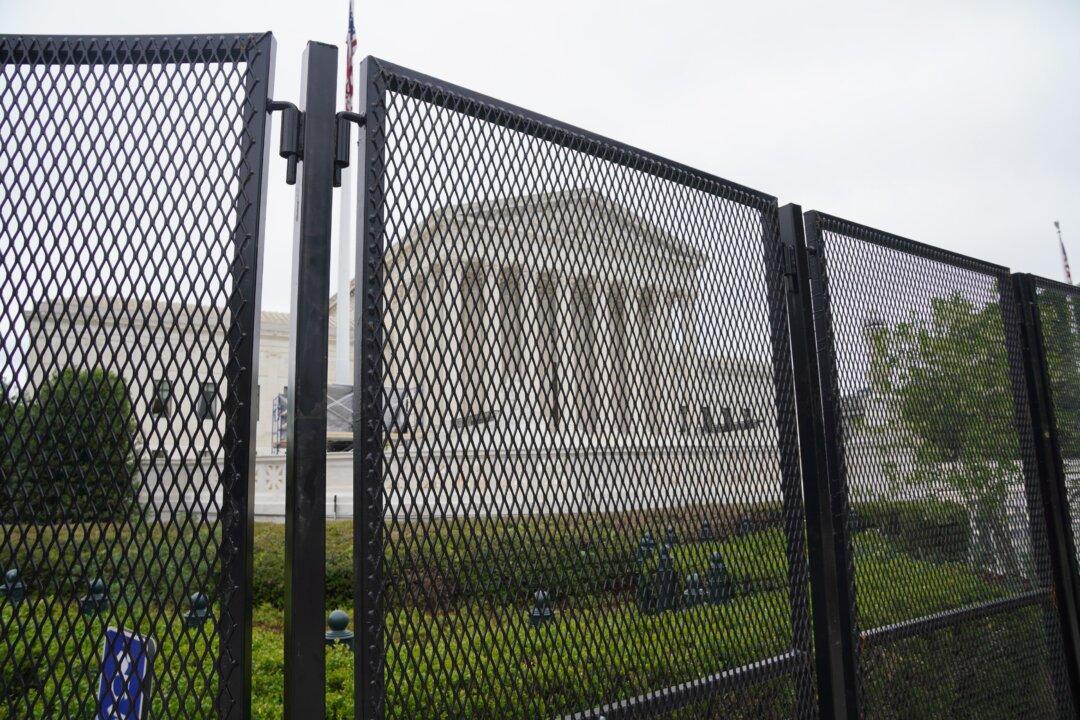The Supreme Court decided on May 31 not to block a federal court’s order compelling three Republican members of the Texas House of Representatives to appear for depositions in a consolidated lawsuit over congressional and state-level redistricting.
The redistricting took place after the results of the 2020 census were published.





